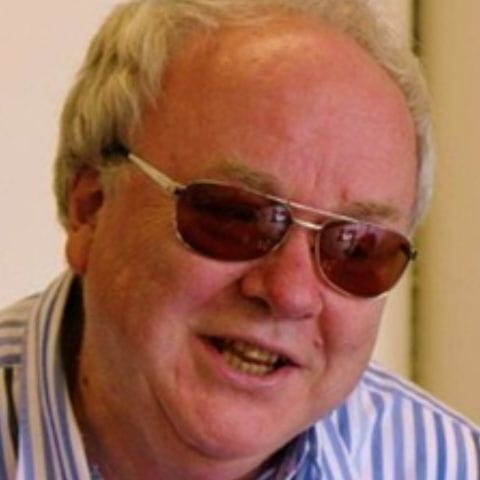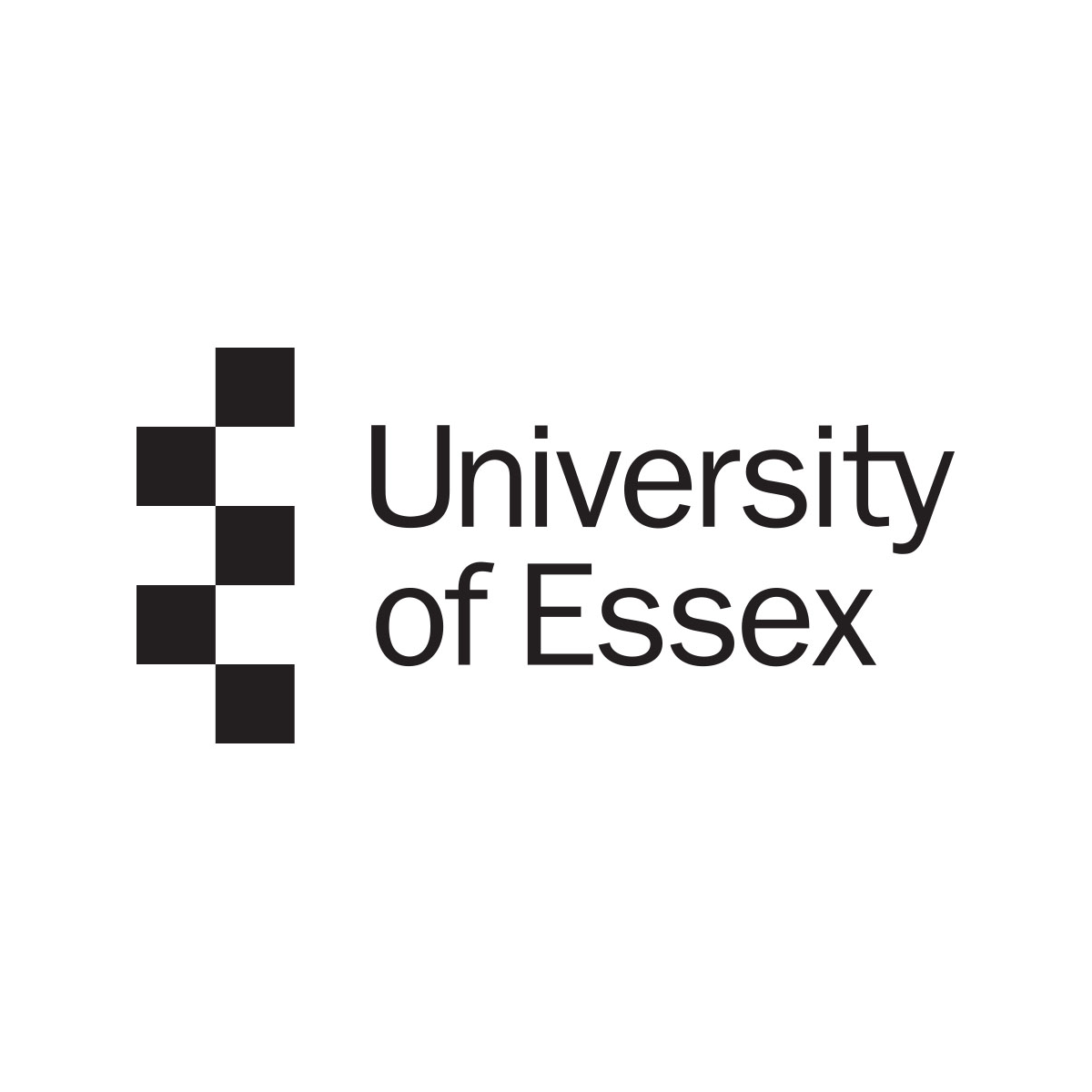
Andrew Radford was a larger-than-life character in lots of ways, from his insatiable appetite for work and his infectious enthusiasm to his bold dress-sense.
Andrew, who died in December, is best known for his textbooks on syntactic theory and the syntax of English. He published ten of them from 1981 to 2023, each providing an up-to-date introduction to the Chomskyan model of generative syntax. Some of them were translated into other languages including Japanese, Korean, Malay, Italian and Spanish. Andrew received a steady stream of fanmail from readers around the world, some simply expressing their appreciation while others asked questions which he answered patiently, sometimes leading to protracted discussions via email. The ultimate accolade came in a handwritten letter from Chomsky himself in which he not only commended Andrew for the accuracy and quality of his work but also remarked that through reading it he had come to a clearer understanding of his own ideas.
Alongside these textbooks, Andrew produced a wealth of original ground-breaking research of his own. Early in his career he established himself as a leading expert in the syntax of Romance languages through numerous articles and a book on Italian syntax. He later took a keen interest in child-language acquisition, developing a generative model summarised in his 1990 book Syntactic Theory and the Acquisition of English Syntax, which is widely regarded as a significant milestone in this field. More recently, following his retirement in 2013, he hit on a way to combine two of his main passions, linguistics and football, through research on the syntax of colloquial, non-standard English. A significant source of empirical data for this research was spontaneous utterances by football commentators and pundits.
For those who knew him well, it is easy to conjure up an image of Andrew sitting in front of the television simultaneously engrossed in the content of the programme while keeping a look-out for linguistically interesting examples and assiduously noting them down. The fruits of this research are presented in numerous articles and two books published in 2018 and 2019.
With such an impressive research record, Andrew could have quite easily avoided taking on onerous administrative tasks. However, this was not his attitude. On the contrary, he welcomed senior management roles as an opportunity to show leadership in the delivery of education and research. He served as Head of Department throughout his appointment at Bangor (1980-89) and subsequently at Essex did three stints as Head of Department and one as Dean of what was then the School of Comparative Studies. In all of these roles, he initiated some quite radical changes to the range and content of degree courses as well as modes of assessment and progression requirements, often in the face of entrenched attitudes.
Following the announcement of his death, a number of colleagues and former students have posted messages thanking him for the support that he gave them in their careers. Despite his busy schedule, he always found time to listen to their concerns, offer guidance and where appropriate to champion their cause within the university system. This was particularly true with respect to staff whose contribution was often undervalued; e.g. staff on temporary, part-time or teaching-only contracts. For many of those in this situation, Andrew’s support opened up a pathway to advancing in their career and realising their full potential.
The world is much poorer for his passing, but he leaves a rich and lasting legacy in the field of linguistics and in the hearts of those who had the privilege of knowing him.
This tribute was written by Professor Radford's friend and colleague Dr Mike Jones.
Professor Radford's funeral will be on Tuesday 18 February, and the cortege will leave the Kingscliff Hotel in Clacton at 9.45am. The service will take place at Kirby Cross Cemetery at 10.15am. This will be followed by a refreshment back at the Royal Hotel, followed by lunch starting from 12noon/12.15pm.
Comments and tributes can be added to this article by using the box below. If you have any questions please email comms@essex.ac.uk


